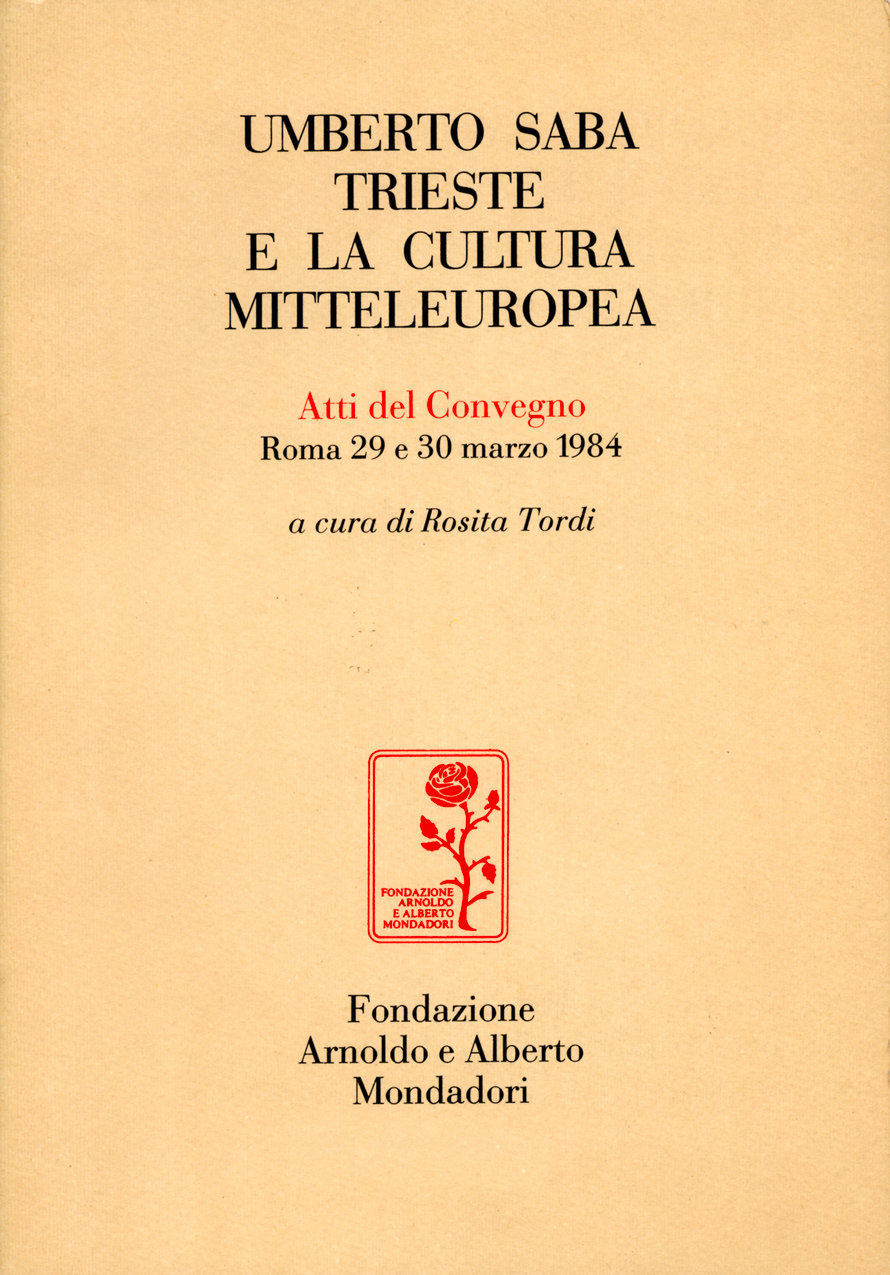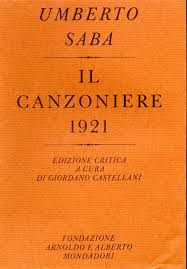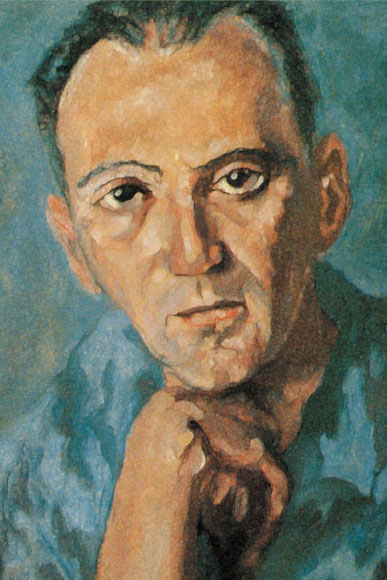

Trieste’s more famous native novelist, Italo Svevo, used it, but that’s not why I didn’t care for his work much: As A Man Grows Older.Īnd Trieste’s most famous resident novelist used the Trieste dialect to inspire his own: Finnegan’s Wake. The author used it then, and the translator went to lengths to apologize that she couldn’t approximate it. It’s what the city’s residents spoke, maybe speak. Ernesto speaks Italian but his boss speaks German, and “the man” speaks the peculiar Triestine dialect. This is a Triestine author and a Triestine setting. Complicated, Jan Morris wrote, smiling, like herself.Īnd so too, perhaps, Ernesto. See, I read her Trieste and the Meaning of Nowhere earlier this year, and how she wrote about this Adriatic city, once Austro-Hungarian but now Italian and maybe leaning with one wind to Slovenian and on another wind to Croatian.

For here, Umberto Saba stopped writing what we are assured was a semi-autobiographical tale. It is there that Ernesto sees the boy just a year younger than himself who is to Ernesto as lovely as Ernesto is to everyone else. So Ernesto, prone to telling the truth anyway, explains to his mother that he wrote the letter to his boss so he would get fired and never have to see “the man” again, even as he assures his once again grief-stricken mother that he met “the man” halfway.Įrnesto’s grief-stricken mother is only too happy to give him the two florins so that he can go to the concert of a violinist that very night. His mother is grief-stricken at his action and runs to the boss who has already had second thoughts and agrees to take Ernesto back, his being so useful in addition to being so charming.
#Ernesto de umberto saba español full#
Next, Ernesto gets himself fired by writing a nasty letter to his boss, full of indefensible invective. The old woman tells him to come back, that she might not even charge him, his being so delightful. They become clandestine lovers, but it’s still awkward.Įrnesto next visits a prostitute, and despite finding her old age and the hair above her upper lip off-putting, he nevertheless has no mechanical issues.

The man, beside himself because of Ernesto’s beauty, stammers out some affection only to be met with very frank and vulgar encouragement from Ernesto. The book opens with Ernesto being awkwardly seduced at work by a man ten years older than him.

He feels urges without a need to define them, and he is capable of a fairly accurate description of sexual acts without ever having experienced them. I was about to type “somewhat precocious sixteen year-old.” But maybe he’s normal. (view spoiler) [In late 19th century Trieste, Ernesto is a somewhat. The man, beside himself because of Ernesto’s beauty, stammers out some affect First the particulars: En saba existe más bien el sentimiento de la educación y de su libertad, sin traumas ni complejos, al igual que una hoja que se amplía o estrecha en el aire, con nervaduras sencillas o irregulares Pero siempre hoja, verde y próxima a acoger junto a ella la plenitud de la flor y luego del fruto.Įn el amor de Ernesto, Umberto Saba relata el nacimiento de todos los amores Todos son fenómenos naturales: El terremoto de la adolescencia, el confluir de un agua paralela en el mismo río, el curso de éste hacia el delta y, en fin, la unión con el mar, entre tantas corrientes y peces libres.įirst the particulars: (view spoiler) [In late 19th century Trieste, Ernesto is a somewhat. No es una educación sentimental, como la entendemos de Flaubert en adelante. En saba existe más bien el sentimiento de la educación y de su libertad, sin traumas ni complejos, al igual que una hoja que se amplía o estrecha en el aire, con nervaduras sencillas o irregulares Pero siempre hoja, verde y pró Ernesto no es un libro consolidatorio.


 0 kommentar(er)
0 kommentar(er)
